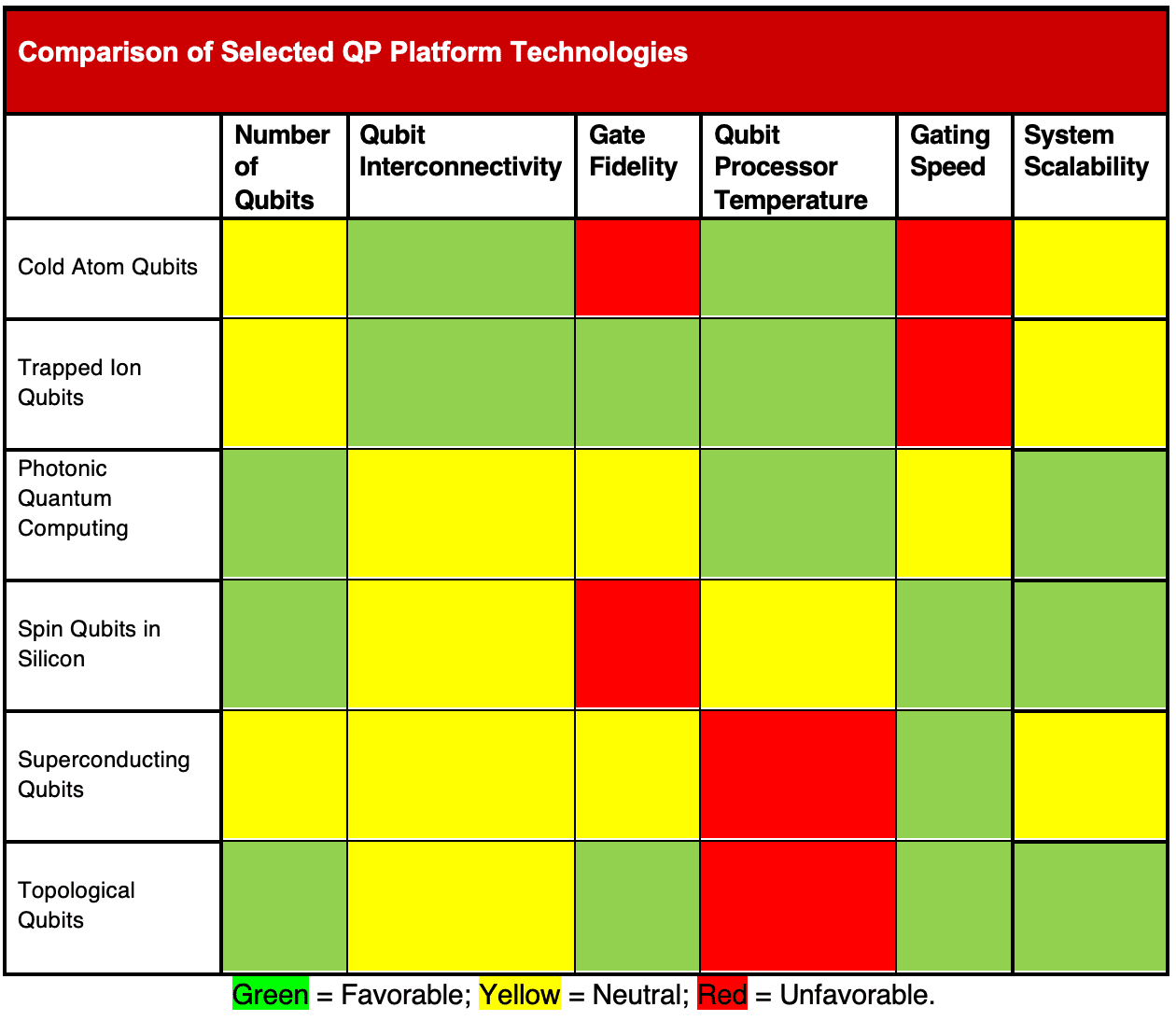The Future of the Quantum Processor: Three Trends

(InsideQuantumTechnology.Blog) As we approach the spring edition of our Inside Quantum Technology (https://iqtevent.com) online event, we are musing on how far our industry has come in the past year, despite the obvious, pandemic in the room, and we are thinking also on where we have yet to go. In IQT’s latest report “Quantum Processors: Roadmaps and Forecasts” we analyze one of these new directions; the path towards commercial quantum processors (QPs).
One day QPs will be a stable and important part of the semiconductor industry. But this day is a long way off and will have to wait until quantum computers are more common and a lot less pricey. This will not happen soon. IQT Research believes that five years from now revenues from quantum processors will have reached only $200 million or so. But after that we think the sky’s the limit and QP revenues will start to climb.At the very least we see the quantum processor business emerging as a specialized part of the semiconductor industry in much the same way that AI processors have appeared in the recent past and graphics processors formed a previous product wave.
In preparation for the new quantum processor industry, we expect to see a growing number of commercially available QP technology platforms, which will emanate from startups but also quantum computer companies and big firms in the semiconductor industry. This much will become obvious by the time of our fall conference we believe. In fact, we think that for a while there will be so many quantum computing platforms out there that it will be something of a challenge to pick the winners. As the QP sectors moves forward we think that three key trends will shape the QP marketplace:
#1 The realization that the full cost of error correction may be too high: Entering the quantum advantage era has led to an increasing number of detailed analyses of real-world problems across a variety of industries. The general conclusion is that it is extremely probable that fault tolerant quantum computers, i.e., error corrected quantum computers will be necessary to address these problems satisfactorily.
At the same time, recent analyses of the computational overhead required to implement error correction seem to indicate that the overhead may be prohibitive for certain classes of quantum algorithms. Expect to see renewed efforts to improve and/or introduce innovations within the field of error correction codes. Expect also to see this issue become a major one in commercialization of QPs.
#2 Renewed focus on materials realizing and scaling but also scaling many technology platforms. Advances in material science and material processing will be crucial in realizing both superconducting qubits and spin qubits in silicon and are expected to play an even more crucial role in the realization of Majorana qubits. Scaling these quantum processor platforms to quantum advantage will place an even greater burden on developing material science and material processing technologies further to meet the performance, uniformity, and reproducibility specifications this will entail.
#3 Necessity for quantum hardware and quantum algorithms to co-evolve, continuously leverage each other’s capabilities to the maximum. Meeting the daunting challenge of achieving quantum advantage from the current stage of technology development, will require, as was the case for the evolution of classical computing, an almost symbiotic collaboration between quantum hardware and quantum algorithm developers. Quantum hardware innovations can be exploited by quantum algorithms and application-driven algorithms can shape hardware architectures and configurations. Expect to see more co-design as we move forward.























